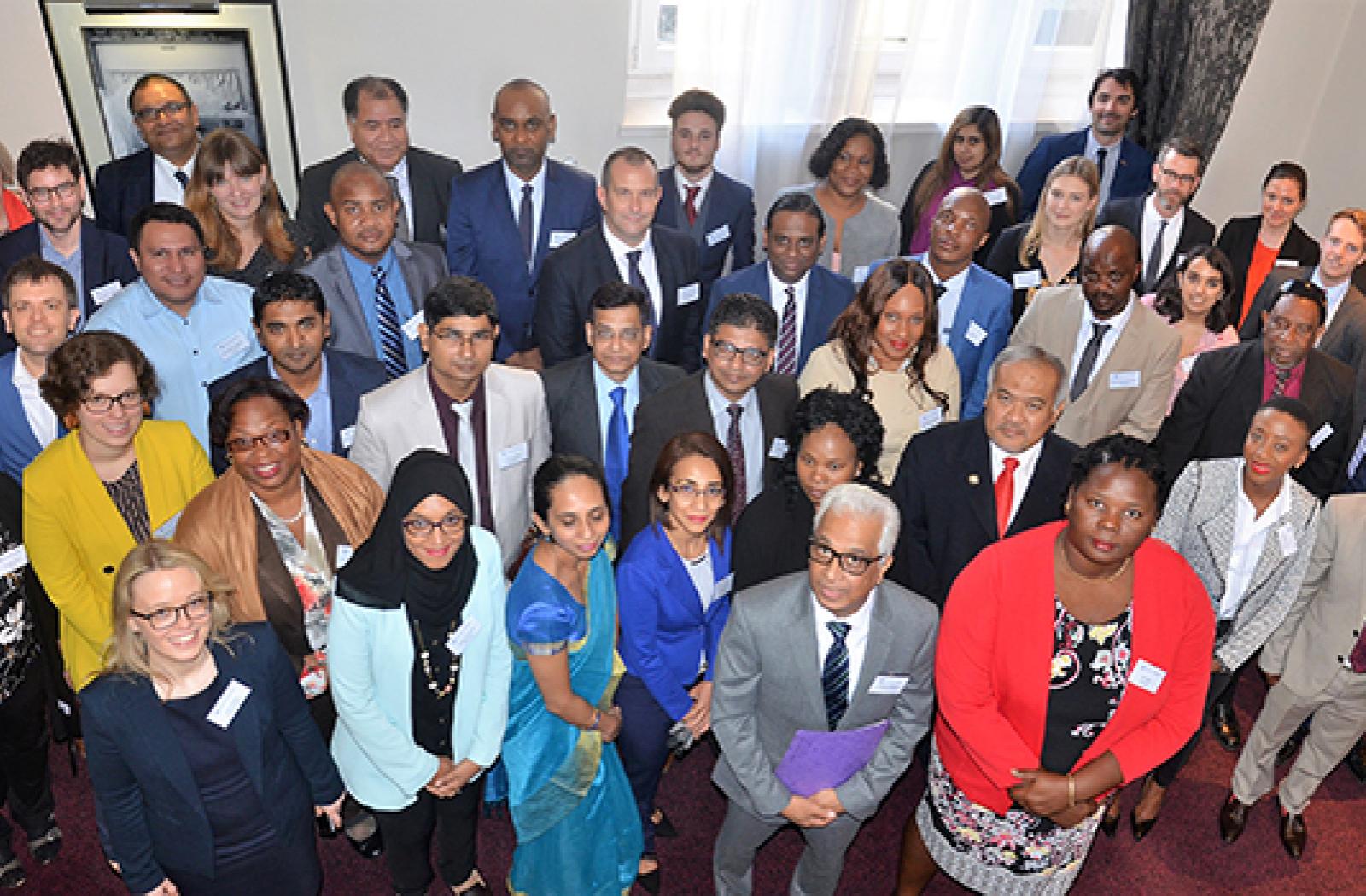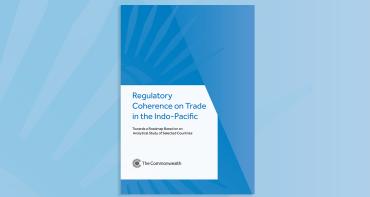Committed to achieving $2 trillion worth of intra-Commonwealth trade by 2030, policymakers from across the Commonwealth agreed to use good regulatory practices (GRPs) to boost trade and help businesses flourish.

Committed to achieving $2 trillion worth of intra-Commonwealth trade by 2030, policymakers from across the Commonwealth agreed to use good regulatory practices (GRPs) to boost trade and help businesses flourish.
GRPs are internationally recognised practices that promote transparency and predictability, which in turn fosters an enabling environment for businesses.
Members of the ‘regulatory connectivity’ cluster of the Commonwealth Connectivity Agenda – the Commonwealth’s flagship trade and investment programme - held its first meeting in London on 15-16 May.
Chaired by Barbados, the working group aims to cultivate good business environments with clear, fair, efficient regulations in order to smooth the terrain for trade.
Director of Foreign Trade of Barbados Kay Sealy said: “In essence, we are looking at improving the environment in which micro, small and medium enterprises operate, with a view to reducing the burdens [associated with setting up and running a business].
“This would improve efficiency and effectiveness of both governments and the private sector in doing business.”
Members will also explore the use of ‘regulatory impact assessments’ – a process that examines the costs and benefits of certain regulations – to help find the best solutions to policy problems.
Welcoming delegates to London as host, the Parliamentary Under Secretary of State at the Department for Business, Energy and Industrial Strategy Lord Henley said: “Exporters and investors need stability. They need to know that regulation is consistent and predictable, so by finding good regulatory practices in each of our countries and by coordinating our approaches to regulations, we can nurture strong business environments, reduce non-tariff barriers, and propel that inclusive growth and development that we all want to see.”
The Commonwealth Deputy-Secretary General Arjoon Suddhoo added: “It would be in the interest of members to have similar principles and guidelines for good regulatory practices within the Commonwealth. Applying these practices would reduce the cost of doing business, particularly for micro, small and medium enterprises, and improve the livelihood of women across the Commonwealth.”
Countries will work identify next steps for enhancing the ease of doing business within and between members. The outcomes will be submitted to Commonwealth Trade Ministers for action, at their next meeting in London this October.
Also this week, officials from all five clusters of the Commonwealth Connectivity Agenda met in London to draft a “roadmap” to boost trade benefits for all citizens of the Commonwealth.
Click here to read a report of that meeting.



